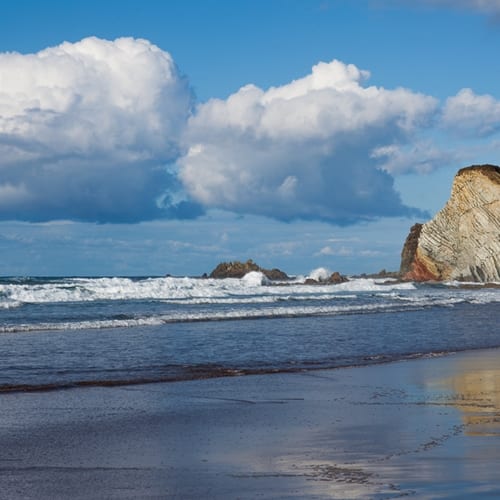The CBC recently reported on an example of the kind of environmental risk that could stall energy operations on offshore oil platforms. According to the source, the Deep Panuke platform managed by the Encana Corporation and located in the northwestern Atlantic, was forced to cease production recently, following a series of occasional upsets since it was launched in 2013.
This latest shut down is due to an excess of water in the facility's natural gas reservoir. Although the company expects to restart activity later in the year, it still represents an interruption in typical service, as well as a continuation of trends noted last year, including multiple electrical fires. By waiting to restart the platform after this latest setback, the company hopes to take advantage of seasonal changes in energy demand.
In November, the CBC reported that the same location had suffered a similar shutdown. That incident only required the platform to halt production for under a week, the source said, and Encana President Doug Suttles said that it would be back by that December.
"Although we always expected the reservoir to produce water, recent levels were higher than we anticipated at this point in the productive life," Suttles said. When asked if the company's operations strained the oilfield in the winter of 2013, Suttles said "we actually didn't produce the field any different last winter than we had planned to produce it."
Early concerns about a oil platform's operations can be a warning sign to operators that precautions are necessary. An event that dangers a platform may also threaten equipment and crew. When environmental conditions interrupt operations, the impact on a company's equipment and bottom line can be significant. Oilfield insurance may help companies recover financial losses when production halts unexpectedly because of damages at an important site.

